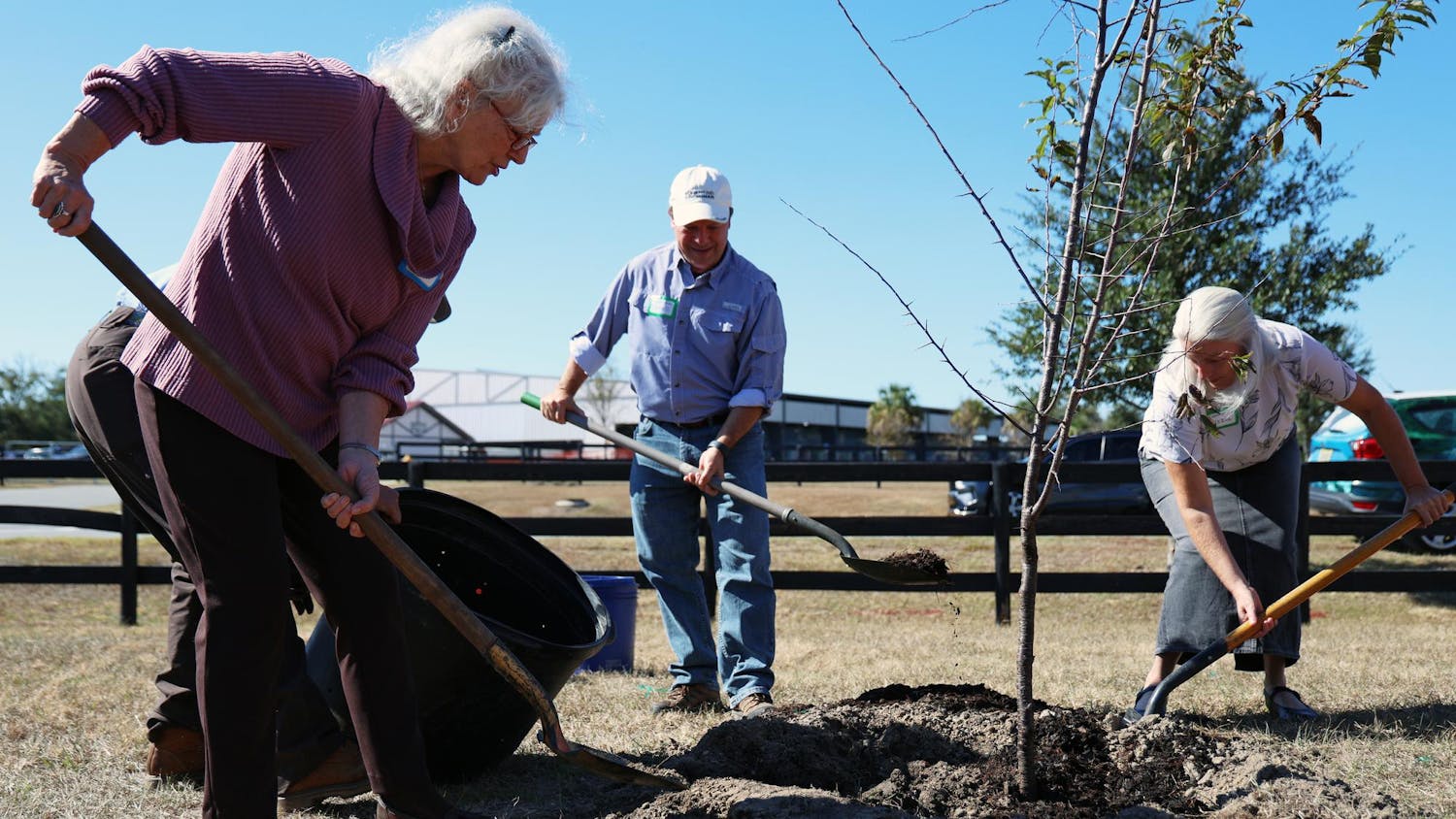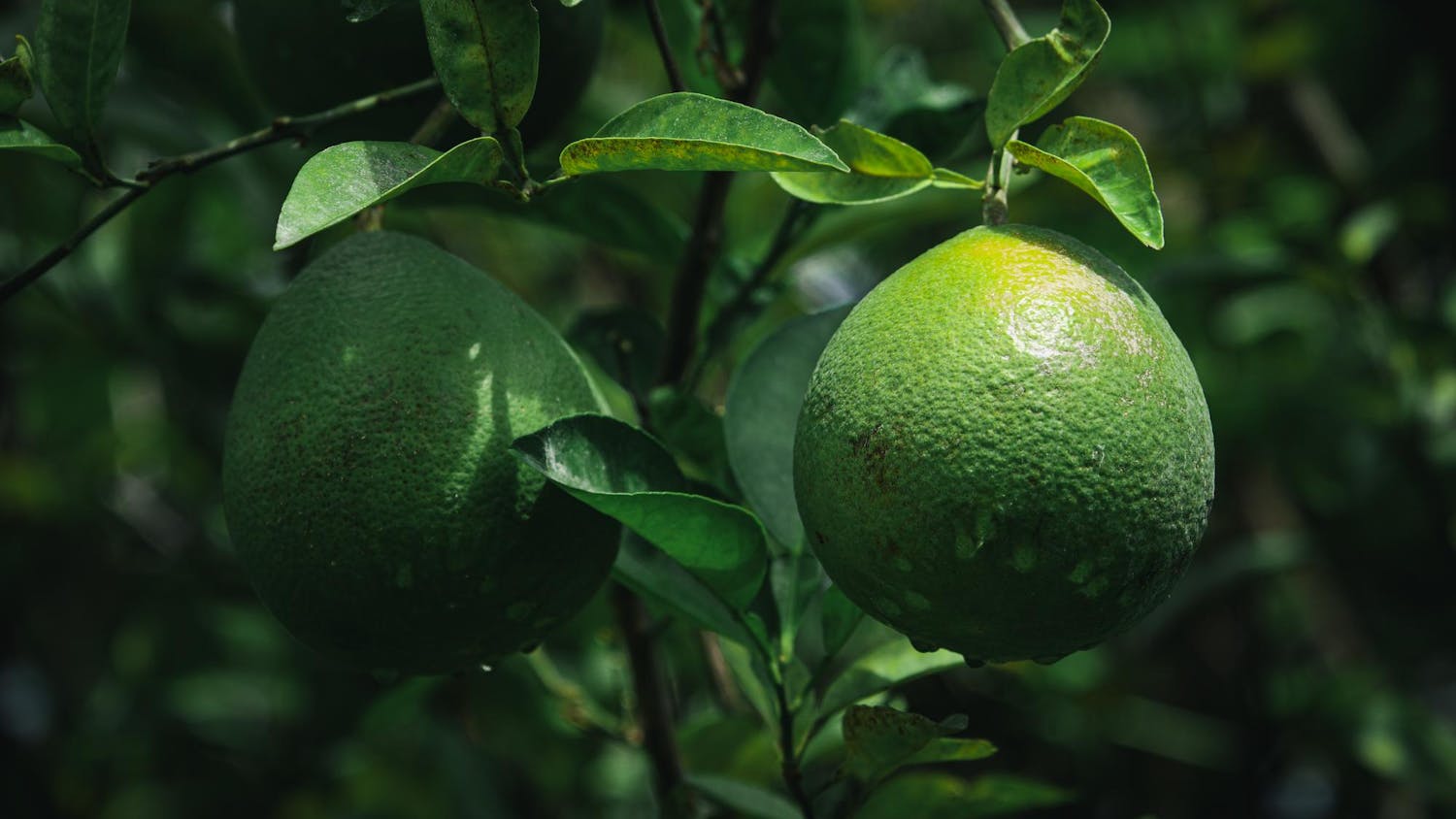More than half of mosquito species in deforested areas transmit human pathogens, UF researchers found.
Nathan Burkett-Cadena, an assistant professor in the UF Institute of Food and Agricultural Sciences’ Florida Medical Entomology Laboratory, said the research shows when people cut down forests for other uses, they inadvertently create a habitat for mosquitoes that carry diseases.
Burkett-Cadena said mosquito-borne diseases account for more than 17 percent of infectious diseases in people, according to data he found from the World Health Organization.
For the study, researchers aggregated and analyzed data from published studies that looked at how many pathogen-carrying mosquito species were in forested and deforested lands around the U.S.
Burkett-Cadena said dense forests are a poor habitat for disease-carrying mosquitoes, while cleared lands let them thrive.
The researchers found more than half of mosquitoes species that carry pathogens were present in deforested habitats, Burkett-Cadena said. When one of these mosquitos bites a human, they transmit a virus.
Burkett-Cadena said people should understand how the policies and practices they engage in affect the environment and how closely human health is linked to the environment.
“Humans are causing profound changes on the planet,” he said. “Understanding how these changes impact our own health is critical for making future decisions on how to conserve and utilize forests.”





